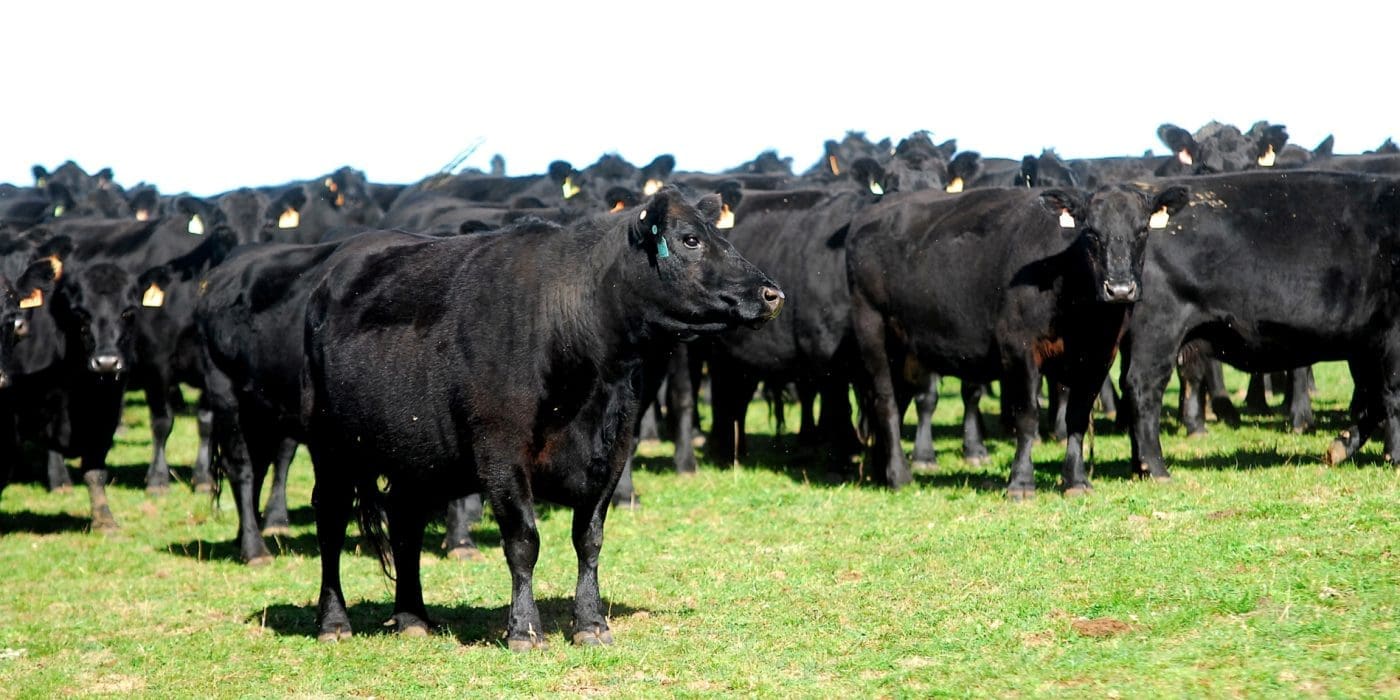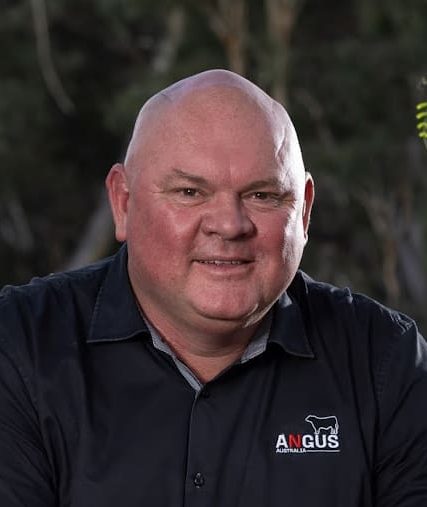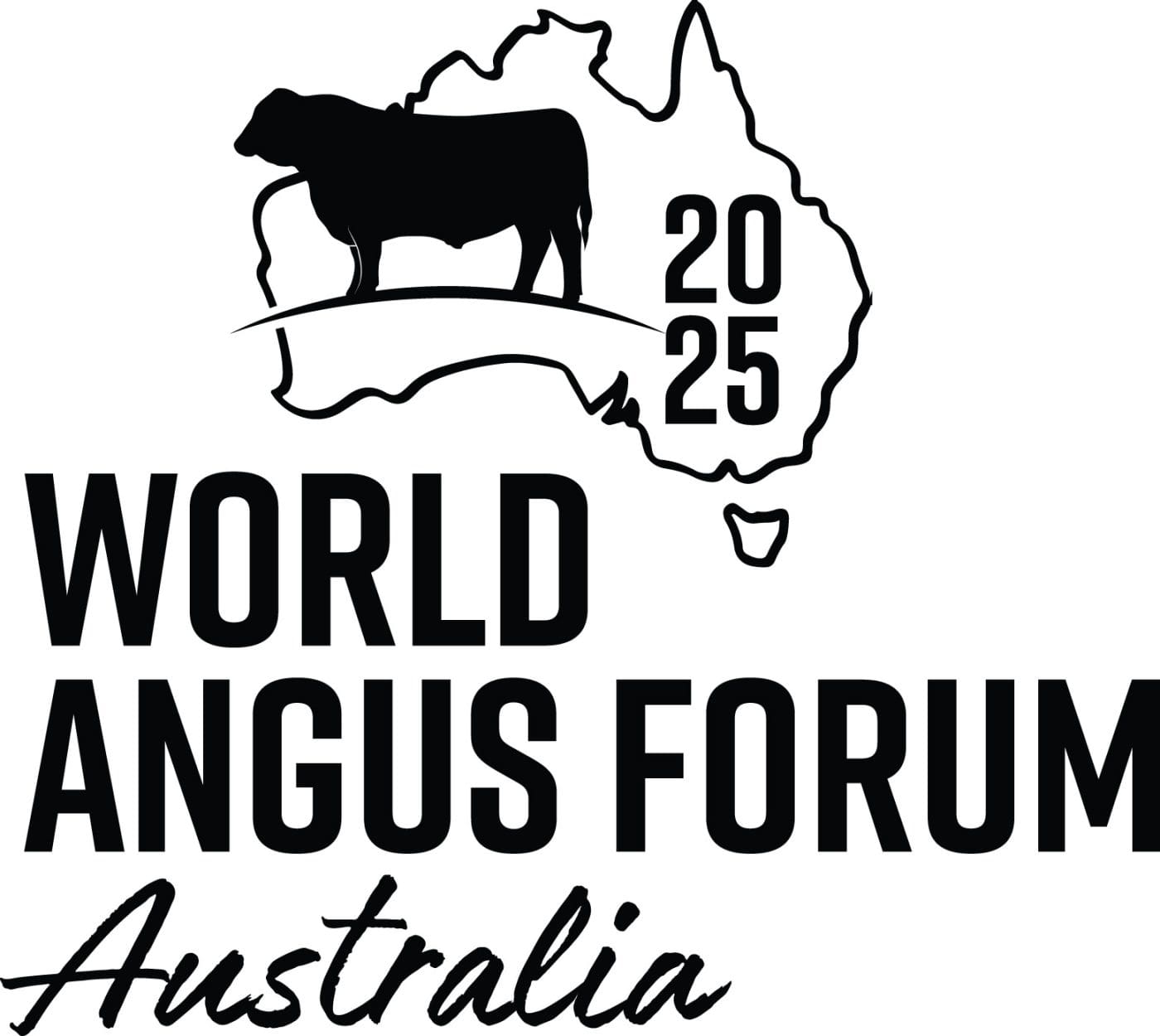
THE 2025 World Angus Forum being staged in Brisbane in May will shine a light on an array of initiatives aimed at promoting sustainability and reducing greenhouse gas emissions.
Participants from more than 26 countries will gather in Australia to explore pioneering methods and share insights on sustainable beef production.

Scott Wright
“Angus is leading the charge in carbon-neutral beef production, turning sustainability from a long-term goal into a reality today,” Angus Australia chief executive Scott Wright said.
“The industry is advancing faster than many expected, with real progress in genetics, feed efficiency and regenerative farming,” Mr Wright said.
The 2025 Neogen World Angus Forum will feature multiple events, including the Zoetis AngusEXPO, Australia’s largest registered Angus cattle exhibition. The forum will focus on advanced genomic techniques, innovative feed additives and carbon sequestration strategies aimed at minimising emissions and enhancing sustainability within the beef industry.
“Sustainability in beef production is well recognised as an environment goal, but it’s also a smart business strategy,” World Angus Forum chair Erica Halliday said.
“Leveraging genetics, feed efficiency and innovative grazing practises, Angus producers are cutting emissions while driving profitability, ensuring the long-term success of the industry,” she said.
One key initiatives involves the use of advanced DNA testing and genetic profiling to identify low-methane-emitting sires, as well as the integration of feed additives that can significantly reduce methane emissions from livestock.
Unlike feed additives, however, genetic selection of cattle with lower methane output has the powerful and exciting advantage of being both permanent and cumulative over time.
Low methane beef
Angus Australia is a key collaborator in the Low Methane Beef Program being led by the University of New England, along with other key partners NSW Department of Primary Industries and Meat & Livestock Australia.
The project, which started in 2022, is testing 2000 genotyped Angus steers, along with animals from the Southern multi-breed project, for methane and carbon dioxide output using the world-class Greenfeed technology.
The project aims to develop genomically-enhanced estimated breeding values (EBVs) for the genetic selection of lower methane producing cattle. The research will also investigate how methane output interacts with profit-driving traits such as growth rate, fertility, feed intake, carcase weight and quality.
“Export beef markets in Europe and Asia are prioritising sustainability when choosing beef suppliers. Australia’s leadership in carbon-neutral beef gives us a competitive edge in high-value markets,” a leading trade analyst said.
CN30 opportunity for Angus breeders
The push for Carbon Neutral 2030 is aligned with global ESG investment trends and something that the Australian Angus community is focused on, World Angus forum delegates will be told.
Carbon-neutral and regenerative agriculture sectors are attracting significant private and institutional funding, providing Australian Angus producers various opportunities for growth and partnerships.
The Australian government has allocated $1.3 billion towards carbon farming initiatives under the Agriculture Stewardship Package, aiming to create opportunities for Angus breeders to monetise carbon credits and benefit from sustainability initiatives.
“The World Angus Forum will be a critical gathering for innovation in sustainable beef production globally, with sharing ideas and experiences key,” Ms Halliday said.
“It’s an excellent opportunity for stakeholders to learn, engage and collaborate towards achieving our carbon-neutral goals.”
About the 2025 Neogen World Angus Forum
 The 2025 World Angus Forum in Brisbane on 8-9 May is the premier global event for the Angus beef industry, bringing together breeders, researchers, and industry leaders from more than 26 countries.
The 2025 World Angus Forum in Brisbane on 8-9 May is the premier global event for the Angus beef industry, bringing together breeders, researchers, and industry leaders from more than 26 countries.
As part of this landmark event, the Zoetis AngusEXPO will be the largest registered Angus cattle exhibition ever held in Australia, providing breeders with an unprecedented opportunity to showcase their genetics on the world stage. The EXPO will feature Cattle Breeders College, Cattle Chats, AngusCampdraft, the Angus-BBQ competition, live music, the Teys Australia AngusShootOut Awards Dinner, Angus on Ice Genetics Sale and Elite Female Sales—making it an unmissable event for the global beef industry.

The old snout in the troph agenda. Much like the previous independent survey that was conducted. Its all about alignment of your values to be eligible for government funding. How can they be marketing a system (genomics and ebvs) that at its core is or has been hijacked and corrupted. How about instead of following cult like fashions, we actually try to set the agenda with some common sense conversations. Rather than let’s follow this trend and see how much we can milk it for. I appreciate the angus breeds dominance but one would need to be careful pushing out the way that they are. Cheers Matthew Della Gola
You are right Matthew. They say they are working on finding the genetics for a lower carbon footprint. Surely then they should be looking for animals with better longevity. With the average working life of bulls in Australia being around a mere 2 years, surely bulls with a working life of 6 to 8 years must contribute greatly to a lower carbon footprint simply by the fact that the size of the cow herd to produce those bulls is a third to a quarter the size of the cow herd needed to produce bulls that only last 2 years. And it is other breeds not Angus that have the bulls with the better longevity. So Angus needs to be looking hard at that type of genetic gain to lower their carbon footprint.